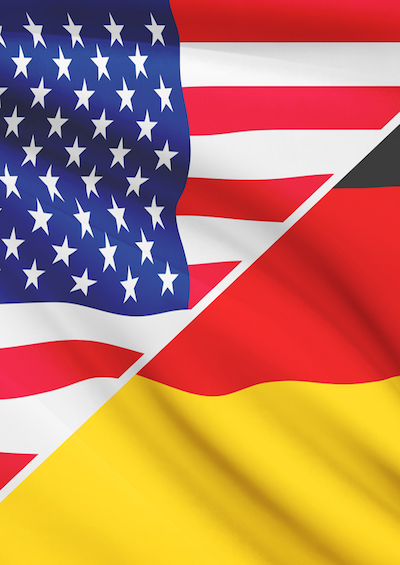Walking a Tightrope: China Maneuvers Between Saudi Arabia and Iran
The Saudi royals hope to turn China away from Iran during a state visit.
March 11, 2017
This week’s sanctioning of one of China’s largest telecom equipment manufacturers, ZTE, by the U.S. Commerce Department, and an investigation of Huawei, ZTE’s foremost Chinese competitor, could not have come at a possibly more touchy moment for Saudi King Salman.
The U.S. action occurred while the king visits China, on the third leg of his month-long Asian tour. And yet, the two decisions by U.S. authorities turn out to be a major boost of Saudi Arabia’s agenda with regard to China.
1. Walking a Tightrope: China Maneuvers Between Saudi Arabia and Iran
2. Why Iran has the Longterm Regional Upper Hand over the Saudis
US: Fingering Iran and supporting Saudi Arabia
The overall aim of King Salman’s visit is to strengthen economic and military ties between the two countries. In particular, he wants to persuade China that Saudi Arabia — rather than Iran — is its most useful regional ally.
The key point about the penalties and the investigation of the two Chinese companies is that they are related to violations of U.S. sanctions on Iran (as well as North Korea).
That signals – yet again — the Trump administration’s intent to adopt a tough stance toward the Islamic republic.
China gets slapped for Iran business
ZTE pleaded guilty to the U.S. accusation that it sold U.S.-made electronics to Iran and agreed to pay a $1.19 billion fine.
“We are putting the world on notice: The games are over. Those who flout our economic sanctions and export control laws will not go unpunished — they will suffer the harshest of consequences,” said U.S. Commerce Secretary Wilbur L. Ross.
Speaking days before King Salman’s arrival in Beijing and immediately after the sanctions were imposed on ZTE, Chinese Foreign Minister Wang Yi tried to finagle his way out. He positioned his country as a friend of both Saudi Arabia and Iran.
China trapped? No, offering to mediate!
Mr. Wang urged the countries to “resolve the problems that exist between them via equal and friendly consultations” and offered to play a mediating role.
With all due respect to China’s diplomatic ambitions, there is little prospect for China successfully mediating between Saudi Arabia and Iran. The two countries view their global rivalry as a zero-sum-game.
And the kingdom hopes that a tougher U.S. policy towards Iran will extend its window of opportunity in what is fundamentally an uphill battle against Iran.
From the Saudi perspective, the sanctioning of ZTE sends China a helpful and encouraging message that the United States does not endorse business as usual with Iran and that this could have consequences for future U.S.-China trade negotiations.
China enters the Saudi-Iranian battle field
King Salman’s quest is further enhanced by the fact that China, which has close, long-standing military ties to Iran, last year agreed to upgrade cooperation with the kingdom.
“China is willing to push military relations with Saudi Arabia to a new level,” Chinese Defense Minister Chang Wanquan told his visiting Saudi counterpart, Deputy Crown Prince Mohammed bin Salman last August.
Special counter-terrorism forces from the two countries held the first ever joint exercise between the Chinese military and an Arab armed force two months later.
Closer military relations and Saudi hopes that U.S. sanctions will complicate Chinese engagement with Iran, in effect, counter perceptions that Chinese President Xi Jinping was tilting towards the Islamic republic when he visited the Middle East in early 2016.
Changing administrations a moment of opportunity?
For now, King Salman’s mission in Beijing is facilitated by the fact that Mr. Trump is signaling that Iran’s return to the international fold based on the nuclear agreement is not a foregone conclusion.
The Saudi leader may also be banking on the fact that Iranian President Hassan Rouhani could be fighting an uphill battle in presidential elections in May because the lifting of international sanctions has been slow in benefitting Iran and Iranians economically.
The king’s problem, however, is that Chinese strategists are likely to see obstacles to doing business with Iran as a short-term problem and that China recognizes that in the middle and long-term Iran has assets China cannot afford to ignore.

